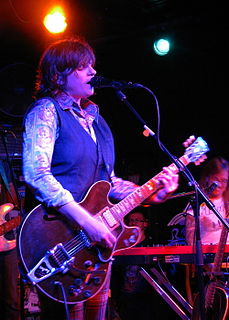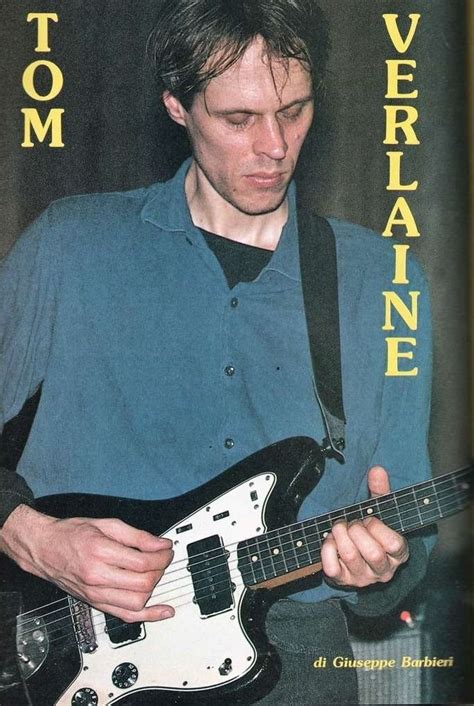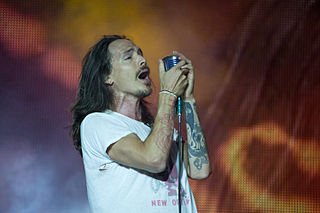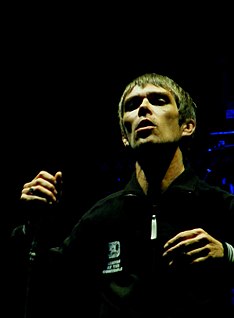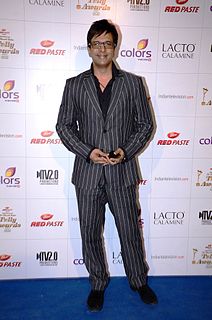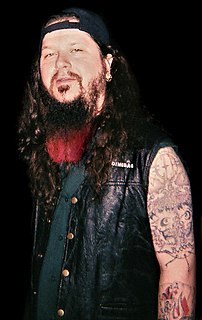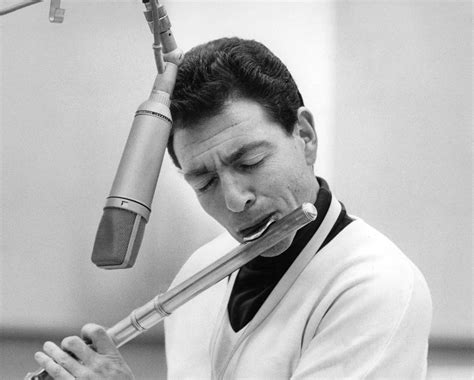A Quote by Amy Ray
When I do solo stuff, when I do anything involving music, it's very collaborative.
Related Quotes
I wouldn't know anything about opera music if it wasn't for Bugs Bunny. That was my entire introduction to opera music. I wouldn't know anything about classical music if it wasn't for "Fantasia." They didn't have to do that stuff. They chose to base this ridiculous, funny, intriguing, creative story on this beautiful classical music. It's the combination of the high and the low that I thought was very cool. But I had no concept of it as a kid.
The music director, Stephen Oremus, was telling me: "I hope you've done your work." We only have ten days rehearsal. The music is no joke. My solo singing is not that hard. But the stuff I have as part of the choir or as a "Dead Guest" in the second-half... I'm singing some really incredible chorus stuff that I haven't done in a long time. It's extremely difficult.
I'm very interested in the distance and the space between those two poles: very concrete, song-based stuff on the one hand and very improvisational, abstract stuff on the other. I don't see any reason music should exclude one or the other, and I think the pairing of them together makes for very interesting music in a lot of ways.
I think in the old music, everything was so competitive. It was all about - very selfish in a lot of ways. The label sort of capitalized on that desperation and that competition. In the new music landscape, with is the democratization of the internet and music in general, I think it can be a lot more collaborative. People, instead of competing, they can actually support each other, in music.
